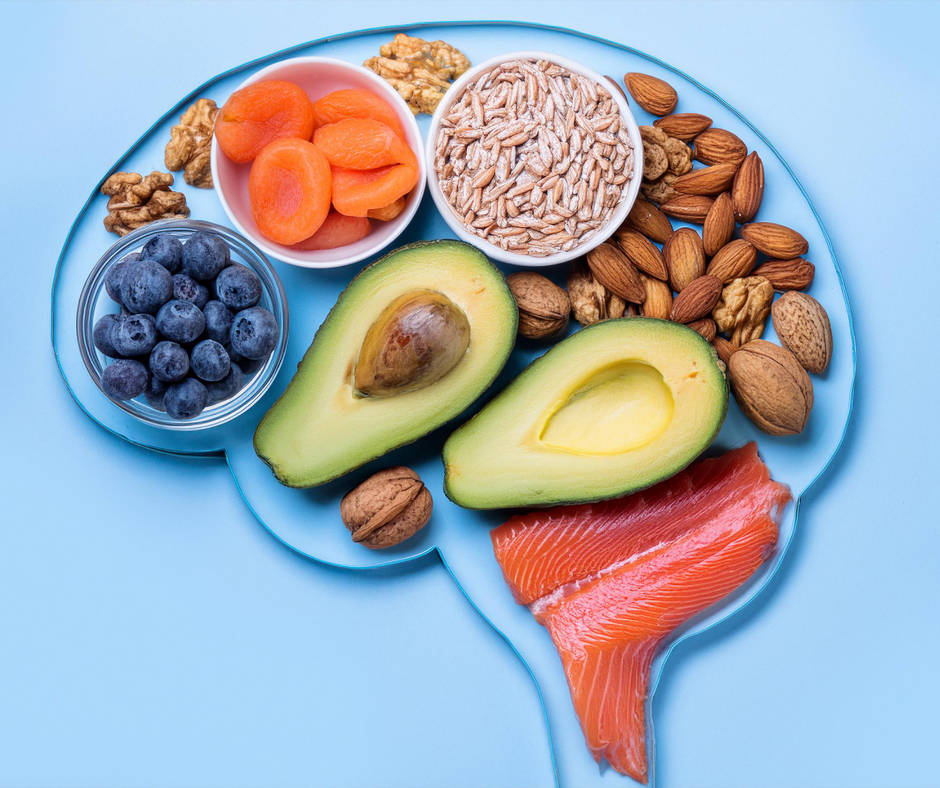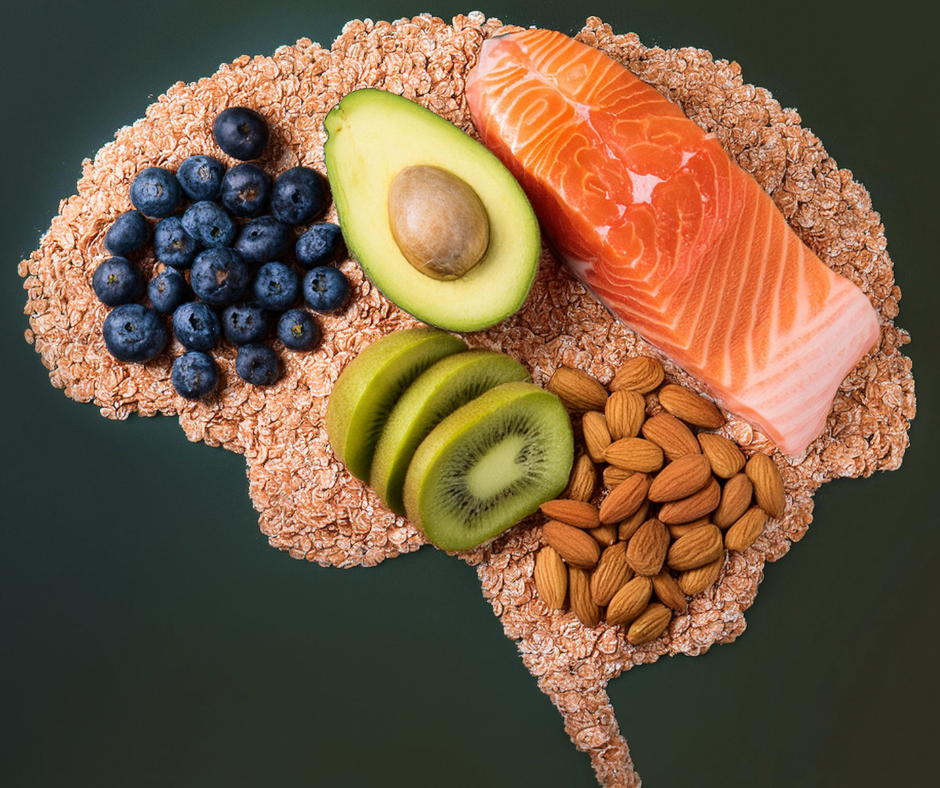What’s in Your Gut Could Be Your Brain
The Gut-Brain Connection and Why Your Mood May Start in Your Microbiome
If you’ve ever had a “gut feeling,” felt butterflies in your stomach before a big moment, or noticed digestive issues flare up during stress, you’ve already experienced the powerful link between your gut and your brain.
This isn’t just a metaphor; it’s biology.
Emerging science is revealing that the gut and brain are in constant communication through a complex network known as the gut-brain axis. And here’s the fascinating part: the microbes in your gut may influence your mood, focus, memory, and mental health more than we ever thought possible.
Let’s explore how your gut might be shaping your brain and what you can do to support both.
Meet Your Second Brain: The Gut
Your gut is home to over 100 trillion microorganisms (bacteria, fungi, and viruses) collectively known as the gut microbiome. These microbes aren’t just passive passengers; they play an active role in:
Digesting food and absorbing nutrients
Regulating the immune system
Controlling inflammation
Producing neurotransmitters like serotonin, dopamine, and GABA
In fact, about 90% of your body’s serotonin, a key mood-regulating chemical, is made in the gut. Because of this, the gut is often called your “second brain.”
How the Gut-Brain Axis Works
The gut and brain are connected through several overlapping systems:
Vagus nerve: A major highway of electrical signals between the gut and brain
Immune signaling: Inflammation and immune responses in the gut can affect brain function
Microbial metabolites: Gut microbes produce substances (like short-chain fatty acids) that influence brain health and mood
Hormonal and neurotransmitter signals: Your gut helps regulate cortisol, serotonin, and other mood-related hormones
In short: what happens in your gut doesn’t stay in your gut. It sends messages that impact your clarity, mood, focus, and even your sleep.
Signs Your Gut May Be Impacting Your Mental Health
If your gut is out of balance, your brain might be feeling it. Some signs to watch for:
Brain fog
Mood swings or low mood
Trouble concentrating
Anxiety or irritability
Fatigue
Food sensitivities or bloating
These symptoms aren’t always psychological; they can be biological reactions driven by dysbiosis (an imbalance in gut bacteria) or gut inflammation.
What Affects the Health of Your Gut-Brain Axis?
A wide range of factors can support or sabotage this crucial connection:
Gut Disruptors:
Chronic stress
Poor diet (ultra-processed foods, artificial sweeteners)
Antibiotics
Inadequate sleep
Overuse of alcohol
Sedentary lifestyle
Gut Supporters:
A diet rich in prebiotics and fiber
Fermented foods (like yogurt, kimchi, sauerkraut)
Regular movement and exercise
Quality sleep
Mindful eating
Managing stress with techniques like breathwork or hypnosis
Foods That Feed Your Mood (and Microbiome)
Certain foods help nourish your gut microbes and, by extension, your brain:
Prebiotic-Rich Foods (feed healthy bacteria):
Garlic
Onions
Leeks
Asparagus
Bananas
Jerusalem artichokes
Probiotic Foods (introduce beneficial bacteria):
Kefir
Yogurt (with live cultures)
Kimchi
Sauerkraut
Tempeh
Miso
Polyphenol-Rich Foods (fuel microbial diversity):
Berries
Green tea
Olive oil
Cocoa
Turmeric
These foods promote microbial diversity, an essential marker of gut and mental health.
The Mood-Gut Journaling Experiment
Want to get curious about your own gut-brain connection? Try this simple journaling practice for the next 5–7 days:
Each day, jot down:
What you ate (include timing, quality, and any new foods)
Your digestion (bloating, bowel movements, stomach discomfort)
Your mood and mental state
Energy levels throughout the day
Sleep quality the previous night
Then look for patterns.
Do certain foods leave you foggy, anxious, or drained? Does fiber boost your energy or improve sleep? Do fermented foods affect your clarity or calm?
This simple practice can help you reconnect with how food impacts your brain, not just your body.
Gut Health Is Brain Health
We often separate physical and mental health, but your biology doesn’t. What you eat, how you digest, and how you manage stress all shape your microbiome, which in turn shapes your mind. Whether you’re looking to boost your energy, sharpen focus, or stabilize your mood, your gut is a powerful starting point.
Ready to explore your personal gut-brain connection?
Try the mood-gut journaling experiment this week, or reach out here if you’d like support restoring balance from the inside out.



